Your cart is currently empty!
Tag: SoilHealth
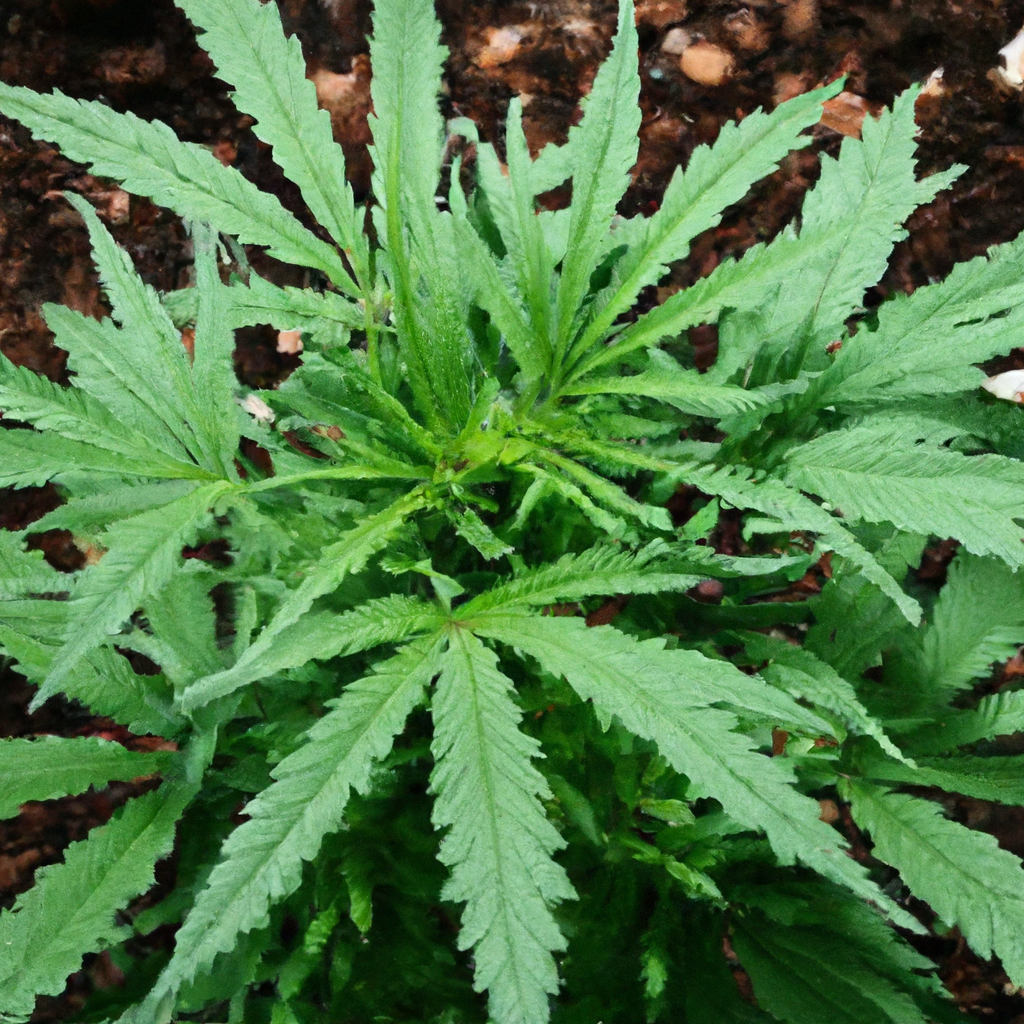
Cannabis, with its robust root system and nutrient cycling abilities, significantly enhances soil health, promoting sustainable agriculture. The plant supports beneficial microbial activity and improves soil structure, contributing to a stable ecosystem. Sustainable cultivation practices, such as organic growing, companion planting, and compost utilization, maximize these benefits. By integrating cannabis into agriculture, we can boost…
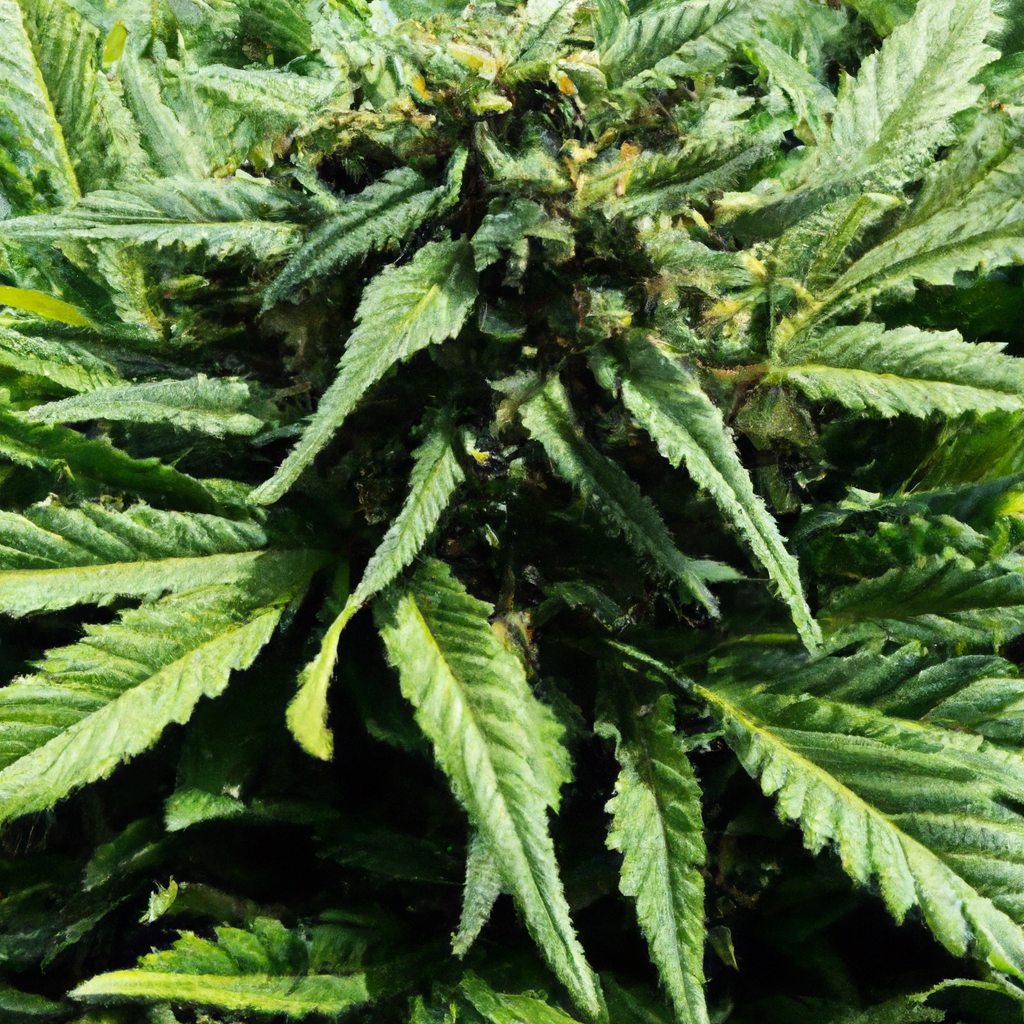
Discover the benefits of sustainable organic cannabis cultivation through natural fertilizers, composting, and eco-friendly pest control methods. This guide emphasizes building a healthy soil ecosystem, avoiding synthetic chemicals, and fostering long-term sustainability. By using compost, cover crops, and natural fertilizers like fish and seaweed, growers can enhance soil fertility and plant growth. Organic pest control…
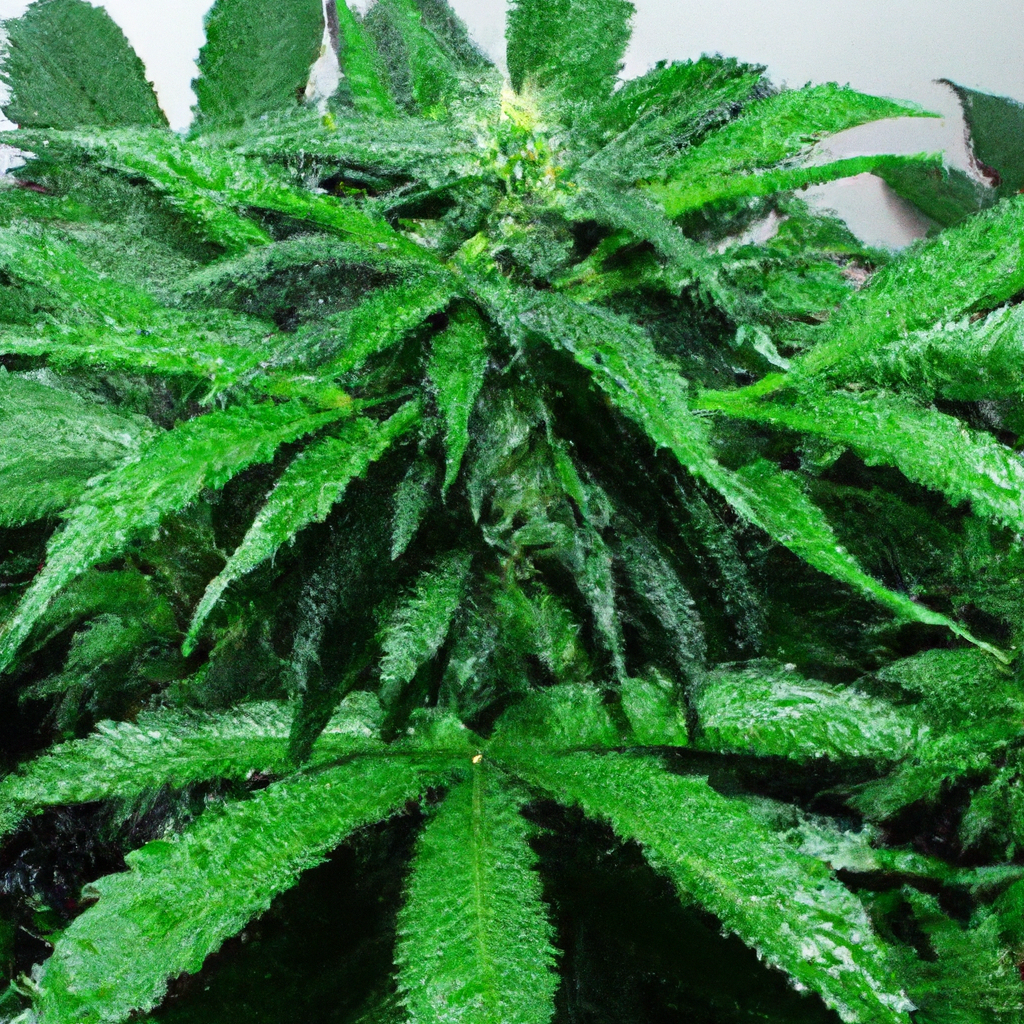
Growing cannabis successfully requires mastering effective watering techniques to optimize plant health and yield. This article delves into innovative methods such as capillary matting for even moisture distribution, drip irrigation for precise water delivery, smart sensors for real-time monitoring, and bottom watering to strengthen the root system. Addressing challenges like overwatering and pH imbalance can…
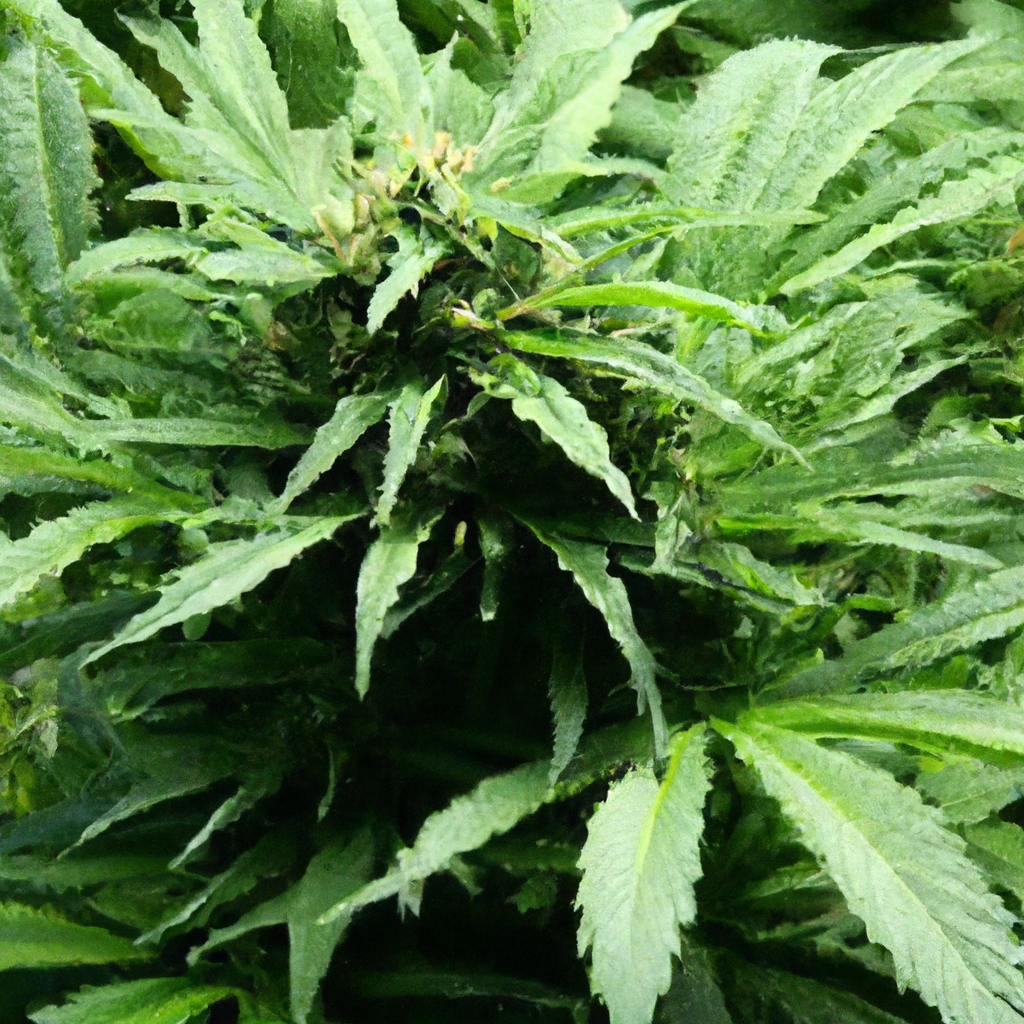
Organic cannabis cultivation embodies sustainable and eco-friendly practices by using natural fertilizers, compost, and pest control to enhance both the environment and consumer health. This approach emphasizes building healthy soil ecosystems through methods such as composting, using worm castings, and integrating natural pest controls like companion planting and beneficial insects. Such practices diminish chemical use,…
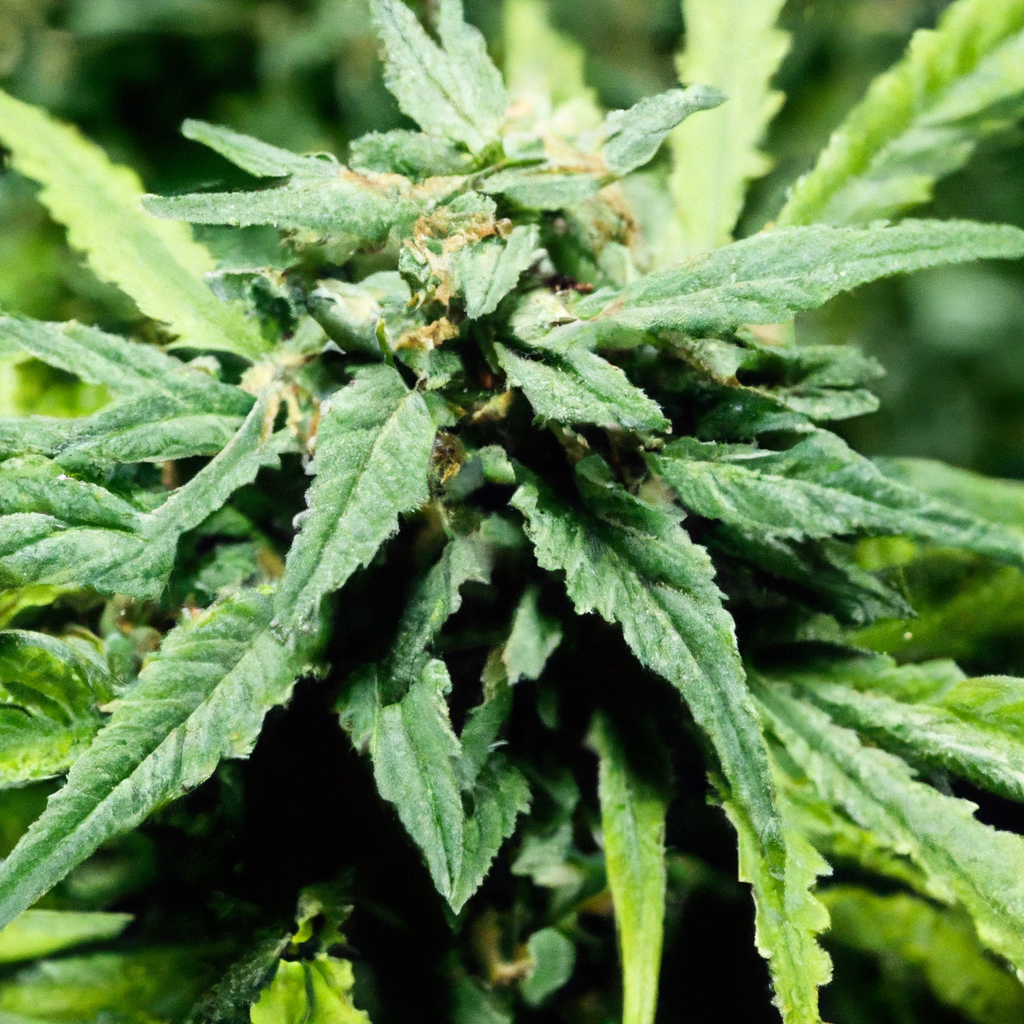
Growing cannabis effectively requires both optimal conditions and smart choices, with humic substances standing out as a powerful tool for enhancing growth. These natural compounds, derived from decomposed organic matter, improve nutrient uptake, boost microbial activity, and enhance soil structure and pH balance, leading to stronger plants. By selecting quality humic products and following precise…
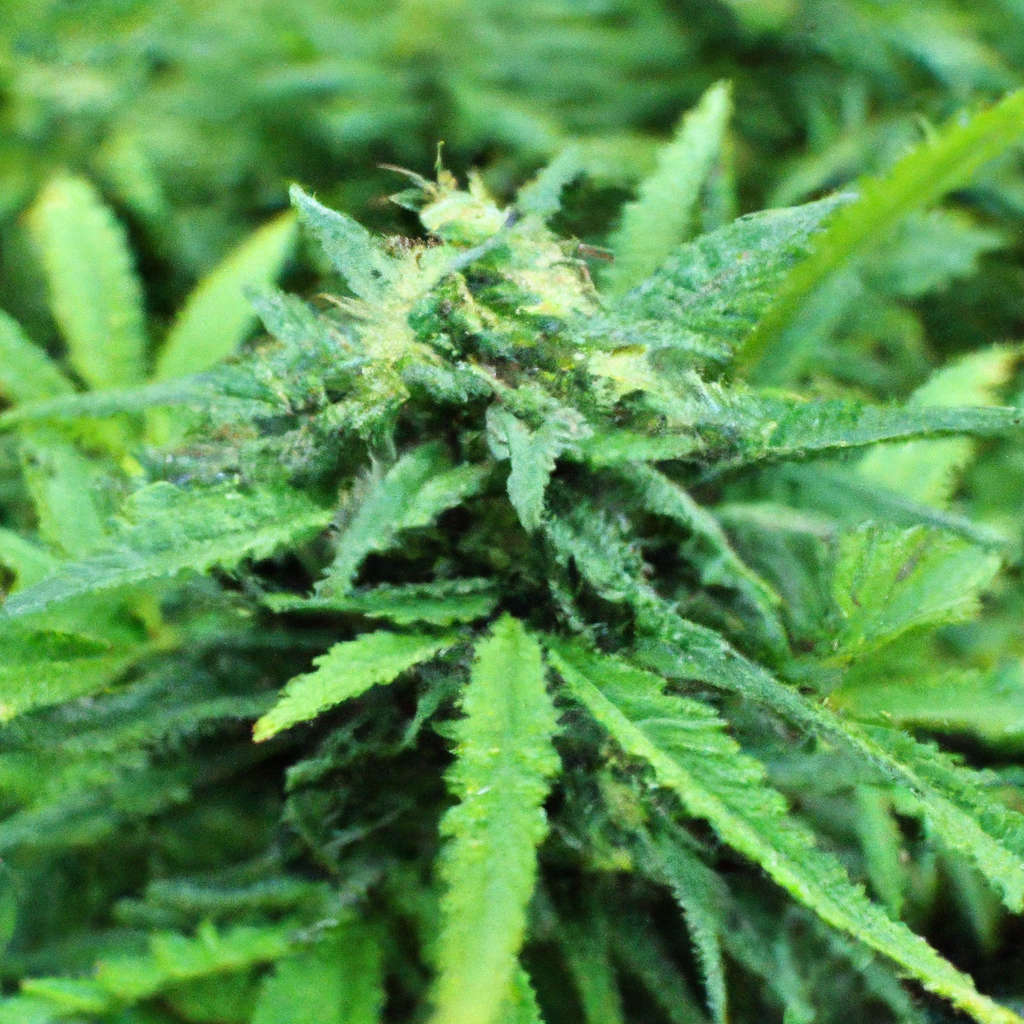
Organic cannabis cultivation focuses on eco-friendly and sustainable methods to enhance the environment and improve cannabis quality. This article covers best practices for creating a thriving organic environment, highlighting natural soil amendments like compost and worm castings, and sustainable pest control methods such as companion planting and neem oil. It emphasizes water conservation, energy efficiency,…
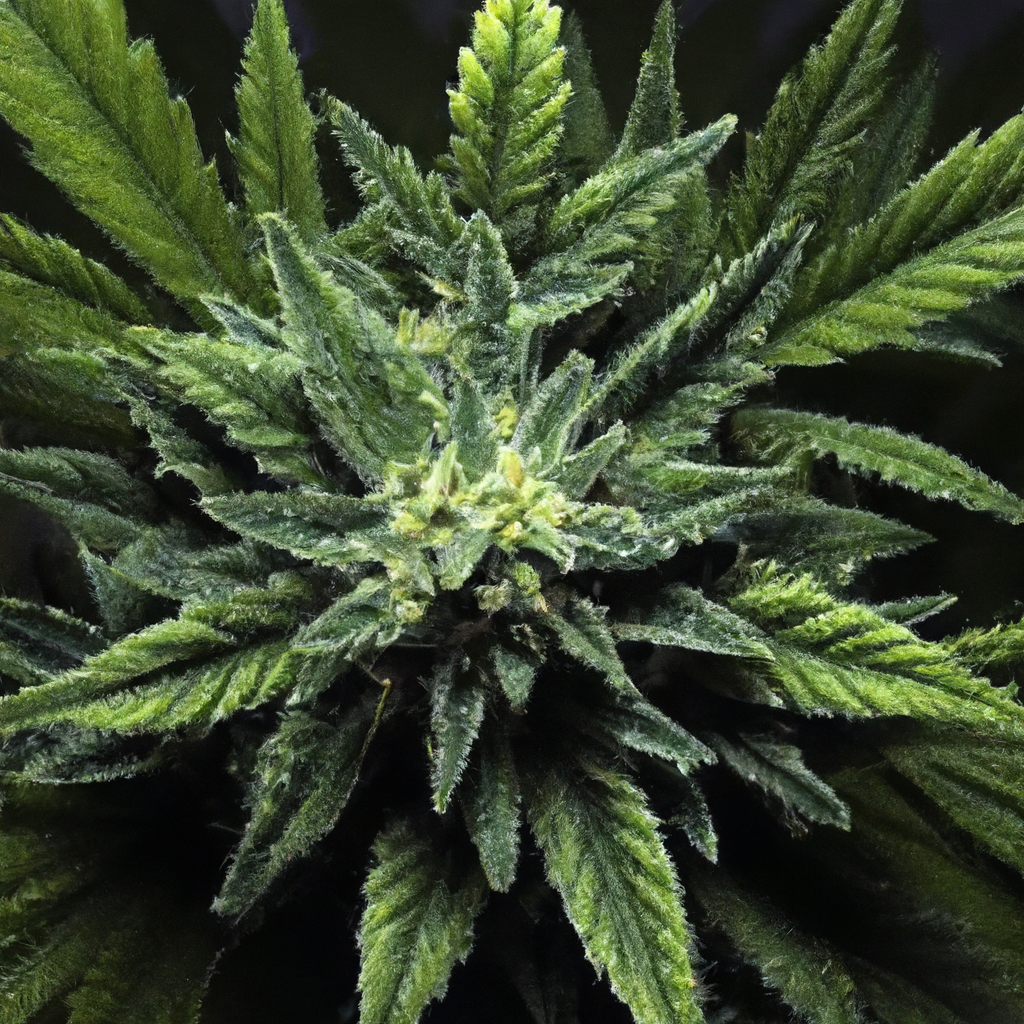
Nitrogen is a vital macronutrient in cannabis cultivation, crucial for photosynthesis and protein synthesis, particularly during the vegetative stage. However, managing its levels is essential to avoid issues like nitrogen deficiency, which causes yellowing leaves, or toxicity, which results in dark, curled leaves. To maintain optimal nitrogen levels, soil testing, tailored nutrient regimens, mulching, and…
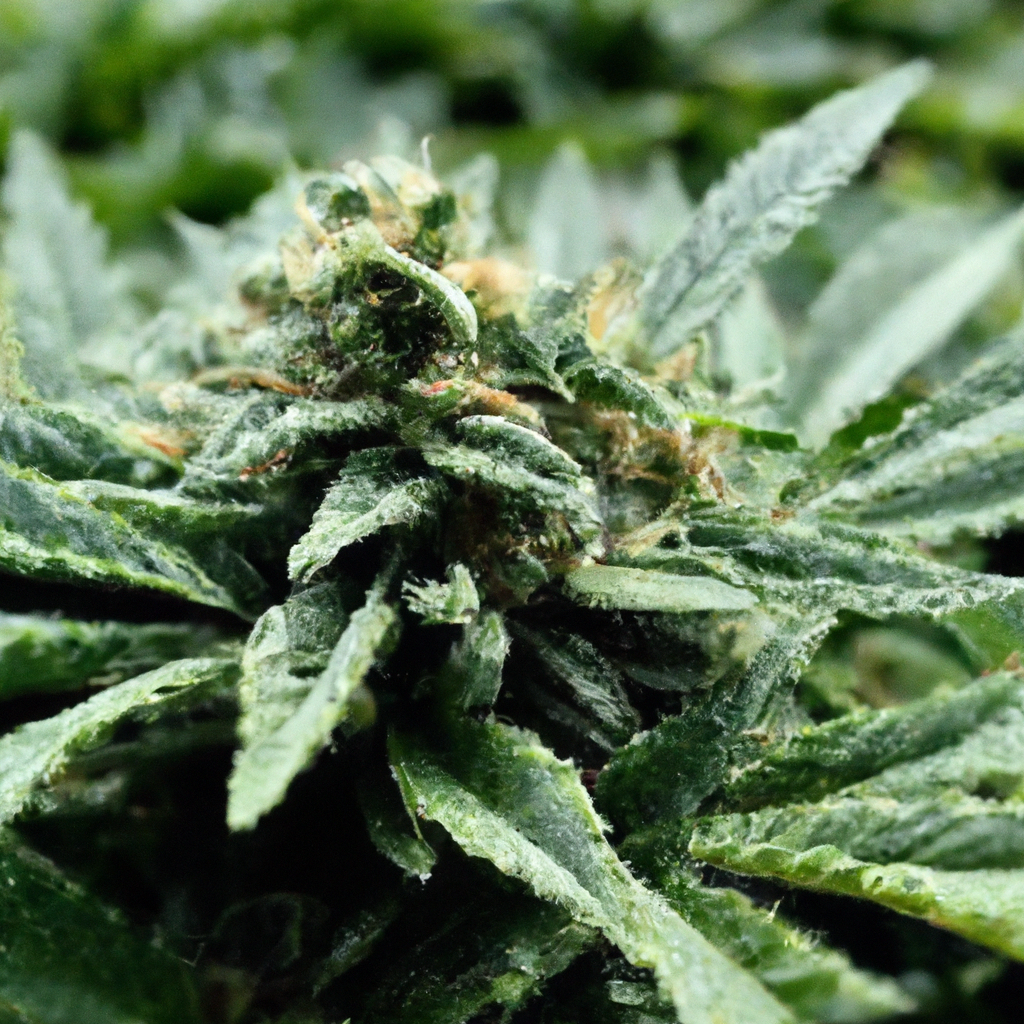
Embracing organic methods in cannabis cultivation enhances product quality and safety while promoting environmental sustainability. By using natural fertilizers like compost and worm castings, growers nurture healthy plants and ecosystems. A robust soil ecosystem can be achieved through diverse microbial life, organic matter, and crop rotation. Eco-friendly pest control options, such as neem oil and…
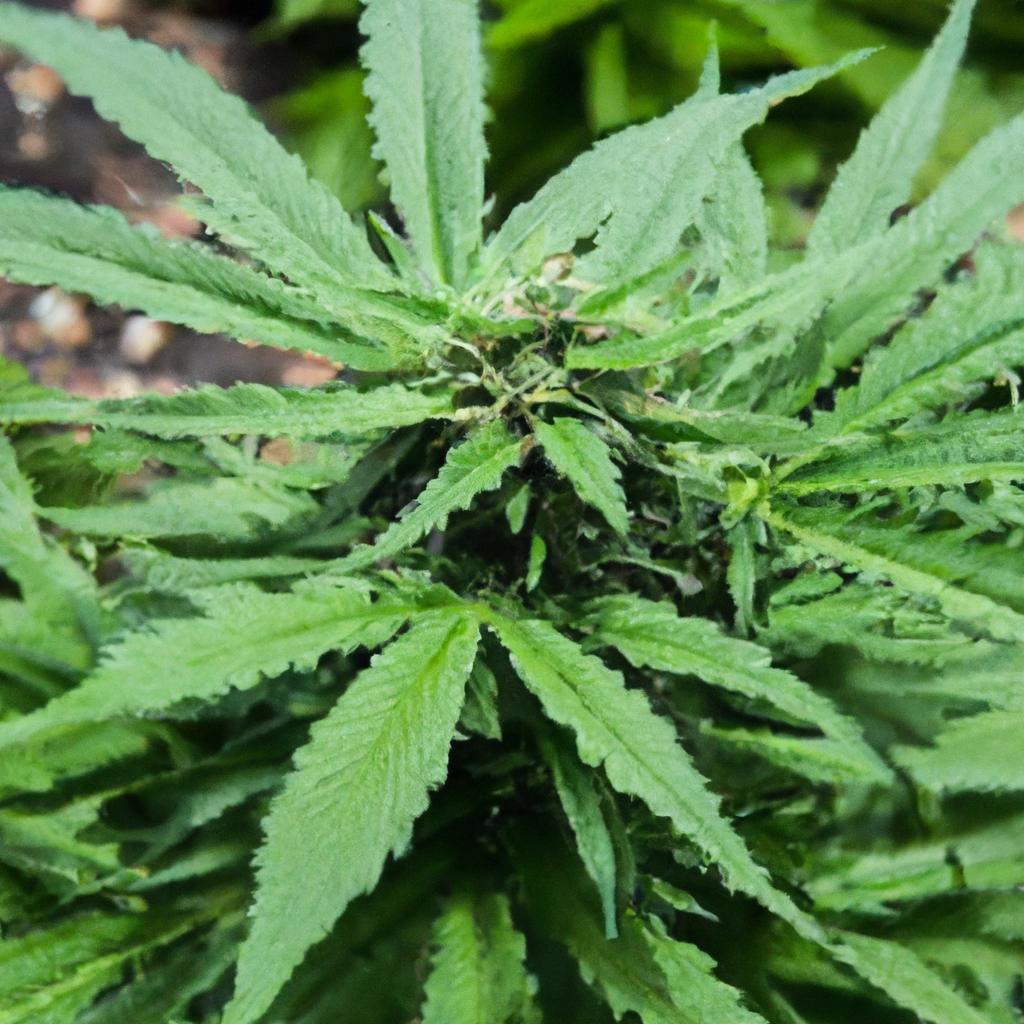
Soil nutrient optimization is essential for successful cannabis cultivation, impacting growth and yield. This blog explores practical techniques to enhance soil nutrients, address challenges, and ensure a fruitful harvest. Key nutrients like nitrogen, phosphorus, potassium, and essential micronutrients support healthy plant development. Strategies such as regular soil testing, organic amendments, pH management, and mulching help…
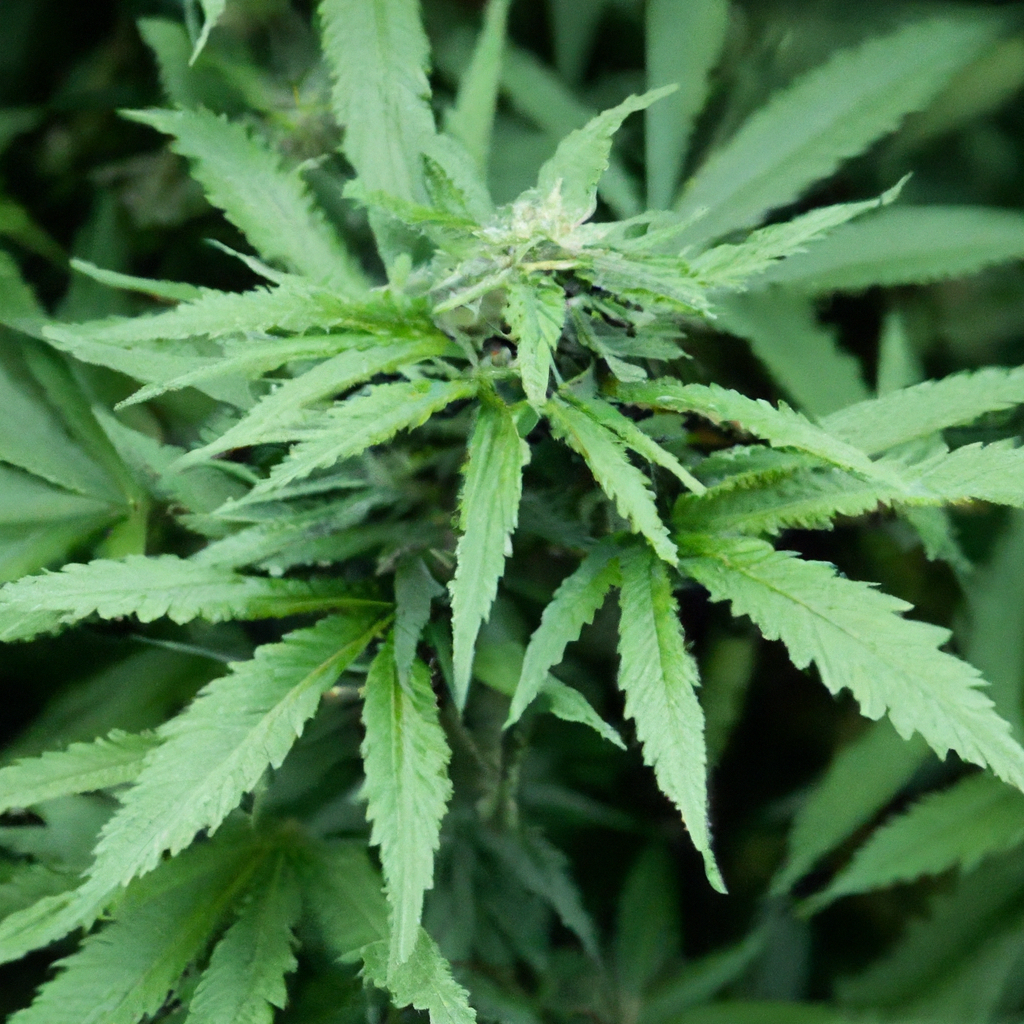
In cannabis cultivation, choosing organic practices means committing to the environment, consumers, and the plant itself. This approach enhances sustainability by avoiding synthetic chemicals and nurturing natural systems. Key elements include using natural fertilizers like compost, worm castings, and fish emulsion to enrich soil without harm. Composting is particularly beneficial, improving soil fertility and disease…
